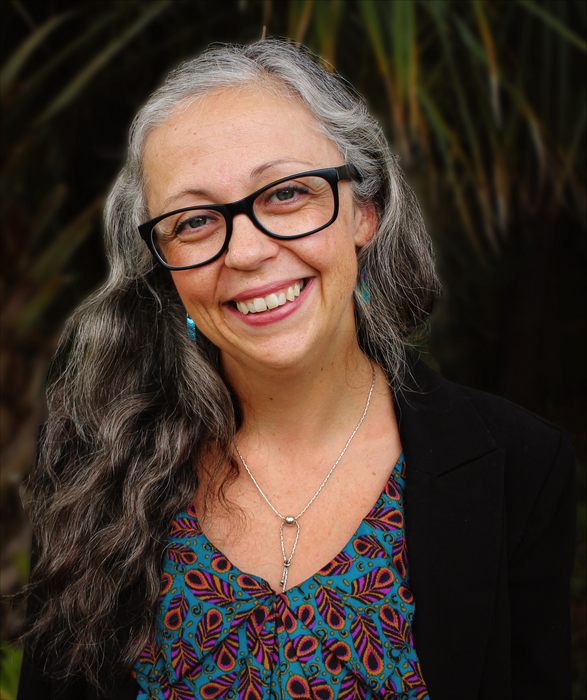(Vienna, August 9, 2022, 10:10 a.m. CEST)— Informed consent forms are overwhelming for patients. They are written at a level that is too high for most patients, thus possibly impeding real informed consents, according to a report given today at the IASLC World Conference on Lung Cancer in Vienna.

Credit: Bellinda King-Kallimanis, PhD., Director of Patient-Focused Research at LUNGevity Foundation in Bethesda, Md
(Vienna, August 9, 2022, 10:10 a.m. CEST)— Informed consent forms are overwhelming for patients. They are written at a level that is too high for most patients, thus possibly impeding real informed consents, according to a report given today at the IASLC World Conference on Lung Cancer in Vienna.
The purpose of the informed consent form (ICF) is to outline risks and benefits of an interventional clinical trial to a patient. But most ICFs are written using scientific jargon, are long, and include extraneous information not pertinent to the patient (e.g., legalities of trial participation), according to Bellinda King-Kallimanis, PhD., Director of Patient-Focused Research at LUNGevity Foundation in Bethesda, Md.
King-Kallimanis and her colleagues conducted a multi-step project involving patients and caregivers, trialists, regulators, and clinical trial sponsors to streamline the informed consent process. After a thorough analysis of their findings some key challenges emerged along with ideas for improving ICFs. One possible resolution strategy that patients supported would be to create a tri-fold template summarizing key points of the ICF that are relevant to patients, which can be used as addendum to the ICF.
The first step included an audit of 20 ICFs guided by U.S. Department of Health and Human Services regulations for the protection of human subjects in research. The second step included focus groups and in-depth interviews with nine patients living with lung cancer to learn what information was critical when considering participation in a clinical trial using a hypothetical ICF to guide the conversation.
The 20 ICFs reviewed were from phases 1, 2, and 3 clinical trials covering predominantly non-small cell lung cancer — 60% were global trials. Most of the legally required CFR topics were covered. However, forms were long, ranging between 15-34 pages, with an average length of 21 pages. Readability varied by section but the average reading level across section was 10th grade, whereas average US reading level is 8th grade.
The second step of the study was the qualitative research component in which participants were presented with a hypothetical ICF. Participants generally noted feeling “overwhelmed” by the hypothetical ICF. It was noted that “a lot of information was good” but that important information for deciding whether to participate was often too hard to find. When asked the intent of the forms, one participant noted “to cover their butts”. The idea of an addendum that provides a summary with reference to page numbers in the ICF for more details was well received by participants. The next phase of this work is to develop a tri-fold addendum and test it with patients and caregivers.
“While ICFs place greatest emphasis on trial procedures and risks, variations in ICF architecture and readability make it difficult for patients to make an informed decision to participate in a clinical trial,” King-Kallimanis reported. “Our study implications extend beyond lung cancer, highlighting key areas for improvements to the ICFs and providing a clear roadmap for developing a patient-centric addendum for ICFs in all cancer clinical trials.”
About the WCLC:
The WCLC is the world’s largest meeting dedicated to lung cancer and other thoracic malignancies, attracting more than 7,000 researchers, physicians and specialists from more than 100 countries. The goal is to increase awareness, collaboration and understanding of lung cancer, and to help participants implement the latest developments across the globe. The conference will cover a wide range of disciplines and unveil several research studies and clinical trial results. For more information, visit https://wclc2022.iaslc.org/.



